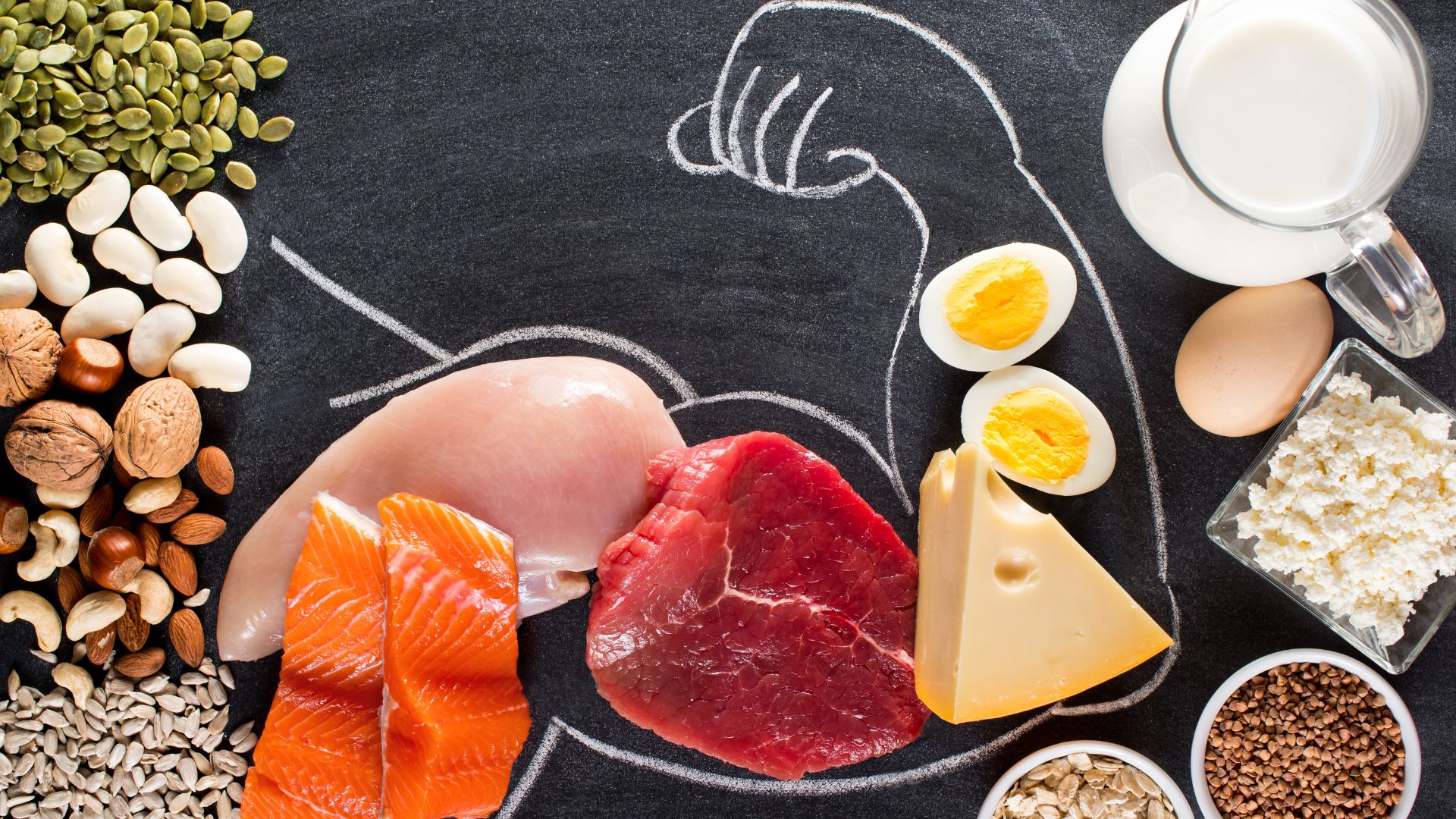Proteins are the building blocks of life, crucial for the growth, repair, and maintenance of tissues throughout the body. Among the various types of proteins, lean proteins stand out for their high nutritional value and health benefits. In this article, we delve into the power of lean proteins, exploring what they are, why they are important, and how you can incorporate them into your diet for optimal health and wellness.
Understanding Lean Proteins
Lean proteins are sources of protein that are relatively low in fat compared to their total protein content. These proteins provide essential amino acids—the building blocks of proteins—that the body cannot produce on its own. Unlike fatty cuts of meat or processed meats, lean proteins offer protein without excessive saturated fats, which can contribute to health issues like heart disease when consumed in large quantities.
Examples of Lean Proteins Include:
- Poultry: Skinless chicken and turkey breasts are good sources of lean protein. They are versatile and can be grilled, baked, or sautéed for a variety of dishes.
- Fish: Most fish, especially varieties like cod, haddock, tilapia, and tuna, are lean sources of protein. Fatty fish like salmon and mackerel also provide beneficial omega-3 fatty acids.
- Lean Cuts of Meat: Lean cuts of beef, such as sirloin, tenderloin, and round cuts, offer protein with less fat. It’s important to trim visible fat before cooking to keep them lean.
- Legumes: Beans, lentils, and peas are plant-based sources of lean protein that are also rich in fiber, vitamins, and minerals.
- Eggs: Egg whites are pure protein and very low in fat, making them an excellent choice for lean protein.
The Importance of Lean Proteins in the Diet
- Muscle Maintenance and Growth: Protein is essential for building and repairing muscles, making it crucial for athletes, active individuals, and those looking to maintain muscle mass as they age.
- Satiety and Weight Management: Protein helps promote feelings of fullness, which can aid in controlling appetite and reducing overall calorie intake.
- Metabolic Function: Amino acids from proteins play roles in various metabolic processes, including enzyme production, hormone regulation, and immune function.
- Heart Health: Choosing lean proteins over high-fat alternatives can help lower cholesterol levels and reduce the risk of heart disease.
Incorporating Lean Proteins into Your Diet
Incorporating lean proteins into your diet is both practical and beneficial for overall health. Here are some tips to help you increase your intake of lean proteins:
- Plan Balanced Meals: Include a lean protein source (like grilled chicken breast or fish) in each meal to ensure adequate protein intake throughout the day.
- Snack Smart: Opt for protein-rich snacks such as Greek yogurt, cottage cheese, or a handful of almonds to keep you feeling satisfied between meals.
- Explore Plant-Based Options: Incorporate legumes, tofu, tempeh, and edamame into your meals for plant-based protein alternatives that are also rich in fiber and nutrients.
- Prepare Ahead: Cook large batches of lean proteins like grilled chicken or baked fish to have on hand for quick and easy meals throughout the week.
Conclusion
Lean proteins are not just about building muscle or filling your plate—they are integral to maintaining overall health and vitality. By choosing lean protein sources over their higher-fat counterparts, you can support muscle health, manage weight effectively, and promote long-term wellness. The power of lean proteins extends beyond mere nutrition; it fuels your body with essential amino acids and nutrients that support cellular function and repair.
Whether you’re striving to enhance athletic performance, support healthy aging, or simply adopt a more balanced diet, lean proteins offer a versatile and nutritious foundation. Embrace the diversity of lean protein options available and savor the benefits they bring to your health journey. Let lean proteins be your ally in achieving a healthier, more energetic life.

